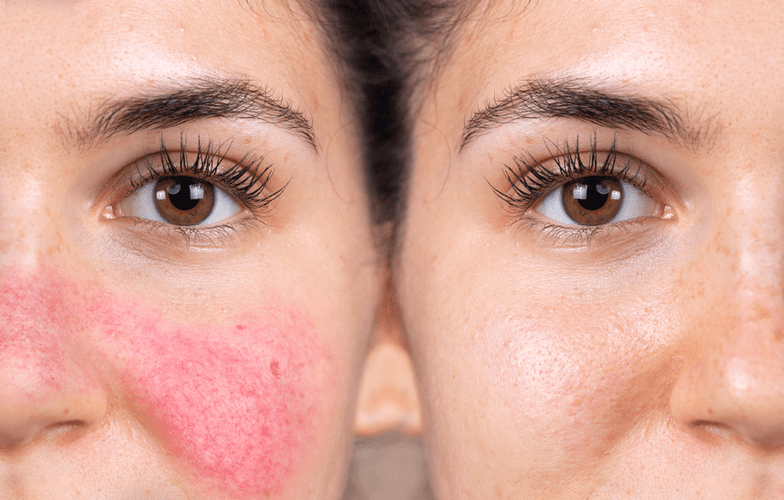More surprisingly still, some abnormalities in the jaw, teeth spacing, eye size and eye spacing – all symptoms of human FASD – were more pronounced if the father drank compared to if the mother did. A doctor or health visitor will drunken baby syndrome need to know if your child was exposed to alcohol during pregnancy to help make a diagnosis of FASD. One wouldn’t know it if it was never publicly revealed, but Reese Witherspoon’s mother endured an alcoholic addiction while carrying the award-winning actress as an unborn fetus. Witherspoon admitted in interviews that she had difficulty learning while in school, which is a common condition shared among children who are victims of FAS.
How are FASDs diagnosed?
Due to broad range of symptoms and their severity, diagnosis is sometimes difficult. The condition is most commonly detected in children during kindergarten or primary school, when learning difficulties become apparent. Although there is no cure for fetal alcohol syndrome, early diagnosis and intensive support can ease some symptoms. Without diagnosis or sufficient support, people with this condition are more likely to suffer social and health disadvantages. Alcohol is a “teratogen,” something known to cause abnormalities in a fetus after prenatal exposure.
Growth
When a pregnant woman drinks, the alcohol gets into her blood. The alcohol in the mother’s blood then goes to the baby’s blood and organs like the heart, brain and kidneys. This means the alcohol stays in the baby longer and harms the baby. The most important measure to prevent fetal alcohol syndrome is not drinking alcohol when https://www.englishcabinetmaker.ca/alcoholic-ketoacidosis-hormonal-and-metabolic/ pregnant. To diagnose someone with FAS, the doctor must determine that they have abnormal facial features, slower than normal growth, and central nervous system problems.
Parental Alcohol Guidelines
As a result, your body can’t metabolize the alcohol and it causes symptoms Oxford House of intoxication. In other words, you’ll act or feel similarly to having had too much alcohol to drink without having any alcohol at all. A multidisciplinary team is ideal to manage auto-brewery syndrome. This can include a primary care doctor, gastroenterologist, infectious disease specialist, a nurse, and a nutritionist. If you have diabetes, you can add an endocrinologist to the list, while those with liver complications should consult a hepatologist.
Fetal Alcohol Spectrum Disorder (FASD)
Babies whose mothers drank alcohol during their pregnancy can be born with birth defects and developmental disabilities. The problems that can happen when babies are exposed to alcohol are grouped together and called fetal alcohol spectrum disorders (FASDs). These include a wide range of physical, behavioral, and learning problems. The most severe type of FASD is fetal alcohol syndrome (FAS). Prenatal alcohol exposure is a leading preventable cause of birth defects and neurodevelopmental disorders in the United States. Women who need help to stop drinking alcohol can talk to their health care provider about treatment options.
According to many studies, alcohol use appears to be most harmful during the first three months of pregnancy. However, consumption of alcohol any time during pregnancy can be harmful, according to guidelines from the American Academy of Pediatrics. Specially trained healthcare providers and programs can help your child with his or her learning and development needs. Ask your provider for more information about these resources. It is never too late to stop drinking, especially if you are already pregnant.
- Oro Recovery provides compassionate care, combined with evidence-based treatment therapies for people struggling with addiction and mental health.
- If you are diagnosed with auto-brewery syndrome, that can put you on the path to treatment.
- For example, if your alcohol levels are high when you’re driving and you have an accident, you could face legal consequences (and need to prove that you have auto-brewery syndrome and were not drinking carelessly).
- Alcohol especially affects the development of the brain, heart, eyes and kidneys.
- In this, bits of the genome are switched “on” or “off” without any physical changes to the DNA sequence.
- Counseling can help women who have already had a child with FAS.
At the same time as you ask your healthcare provider for a referral to a specialist, call your state or territory’s early intervention program. Request a free evaluation to find out if your child can get services to help. You do not need to wait for a healthcare provider’s referral or a medical diagnosis to make this call. FASDs can occur when a person is exposed to alcohol before birth.
- For women who are pregnant, this is the same math that is applied to their unborn child.
- Discuss your FASD concerns with your child’s health care provider and be sure to be honest about your alcohol usage.
- Children with FASD tend to be friendly and cheerful and enjoy social interaction.
- One reason alcohol is dangerous during pregnancy is that it’s passed through your bloodstream to the fetus through the umbilical cord.
- Instead, these secondary effects happen as a result of having FAS.
Offspring of alcohol-exposed fathers were more likely to fall and take missteps, more hesitant to move around, and took longer to learn how to stay on spinning bars. “Their learning trajectory is a little slowed. That has to do, we think, with perhaps a little hyperactivity, and just problems with sensory motor integration.” These effects may reduce fertility and, therefore, lower the chances that the sperm can fertilize an egg. They can also have a negative effect on how the fetus develops and increase the risk of birth complications. Unborn babies can come into contact with alcohol when it passes to them from the mother’s blood through the umbilical cord. We also examine how alcohol can affect the health of sperm and what steps people may take to keep them healthy.

Even if you don’t drink every day, you may put your baby at risk for FASD if you drink alcohol. Diagnosing FASDs can be difficult because there is no single or simple test that can cover the broad range of FASD signs and symptoms. A pediatric medical home provider and/or other pediatric or developmental specialists usually make the FASD diagnosis after one or more appropriate evaluations. Be sure to ask your pediatrician if you are worried that your child may have an FASD and need further evaluation. Drinking alcohol is likely most harmful during the first 3 months of pregnancy. But drinking alcohol any time during pregnancy can be harmful.

When researchers put that bacteria into mice, the mice developed NAFLD, too. A carbohydrate challenge test (or glucose challenge test) should be performed when your breath and blood alcohol levels are back to zero. The clinician will give you glucose orally and test your breath and blood at different intervals after you take it. If you have high levels of blood or breath ethanol after the test, that will confirm the diagnosis.
